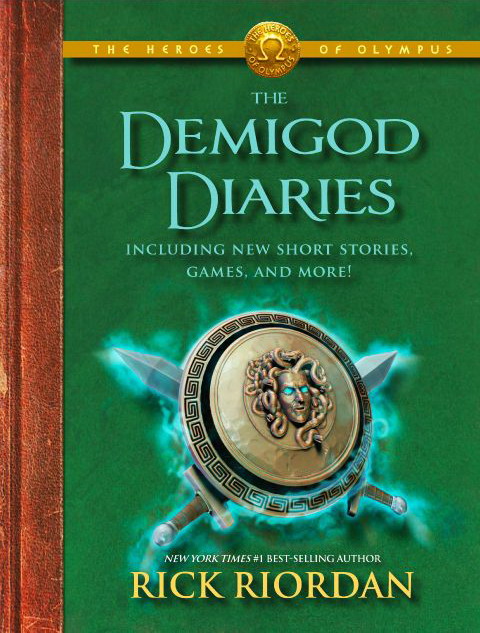Книга С ума сойти! Путеводитель по психическим расстройствам для жителя большого города - Дарья Варламова
На нашем литературном портале можно бесплатно читать книгу С ума сойти! Путеводитель по психическим расстройствам для жителя большого города - Дарья Варламова полная версия. Жанр: Разная литература / Психология. Онлайн библиотека дает возможность прочитать весь текст произведения на мобильном телефоне или десктопе даже без регистрации и СМС подтверждения на нашем сайте онлайн книг knizki.com.
Шрифт:
-
+
Интервал:
-
+
Закладка:
Сделать
Перейти на страницу:
Перейти на страницу:
Внимание!
Сайт сохраняет куки вашего браузера. Вы сможете в любой момент сделать закладку и продолжить прочтение книги «С ума сойти! Путеводитель по психическим расстройствам для жителя большого города - Дарья Варламова», после закрытия браузера.
Книги схожие с книгой «С ума сойти! Путеводитель по психическим расстройствам для жителя большого города - Дарья Варламова» от автора - Дарья Варламова:
Комментарии и отзывы (0) к книге "С ума сойти! Путеводитель по психическим расстройствам для жителя большого города - Дарья Варламова"
























